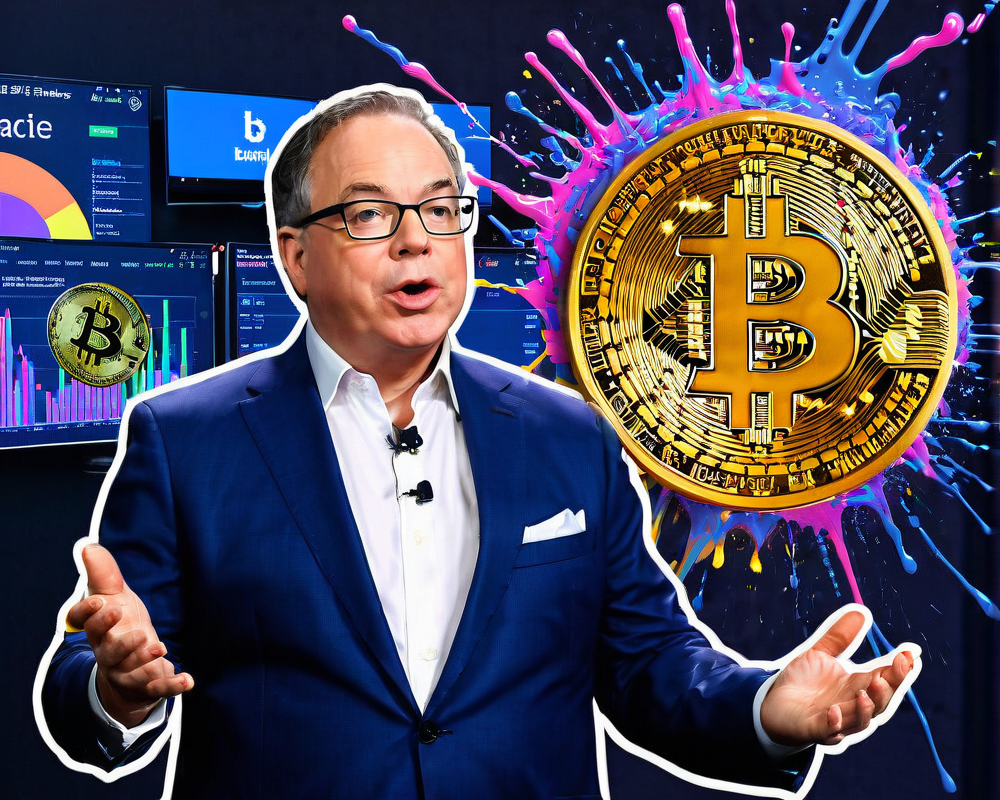No Economic Reforms in Sight
The ongoing recession seems as relentless as a cat in the rain, with disgruntled citizens clamoring for change. Calls for revamped capitalism, bank regulations, austerity, and even debt forgiveness echo in the streets. However, behind the clamor, there’s a glaring absence of dialogue concerning the very nature of money. Amidst widespread discontent, we must acknowledge that 97% of legal tender is interest-bearing debt, courtesy of profit-hungry corporations, which explains, at least in part, why the economy feels like a yo-yo string hooked to a rocket.
The Bitcoin Roller Coaster
Have you ever watched Bitcoin’s value shoot up like popcorn in a microwave? It certainly knows how to grab headlines—peaking in 2013 and again during the Cyprus bail-in. Yet, the quest to disrupt the banking system is like trying to tame a wild stallion; adoption is slow due to its notorious price swings. Most Bitcoin aficionados are really just enthusiastic speculators, eschewing practical use for profit-driven volatility. And with walls of protection from major institutions, the market is often a funhouse ride, swinging unpredictably.
The Elites and Market Manipulation: A Match Made in Heaven
Market manipulation isn’t just a punchline at a Wall Street comedy club; it’s been a part of the game since commerce began. From sending in the muscle to spreading false rumors, the wealthy play chess while the rest play checkers. They extract more value than they can create, vacuuming wealth back to the elite with a finesse that would make Houdini jealous. Remember, while Joe Sixpack works hard to earn a buck, the big dogs are busy hiding their wealth in tax havens, leaving us fighting over crumbs.
Commodity Money: The Elite’s Favorite Toy
History has shown that tethering money to commodities merely hands the reins of power to the rich. Even were Bitcoin to morph into a global currency, the balance of power wouldn’t shift much. With a commodity-based money supply, the powers that be can nibble away at the foundations of equity, ensuring societal imbalance remains status quo. The lesson? Don’t expect significant change when the same old cycle continues.
Rethinking Money: The Potential of Interest-Free Credit
What if money wasn’t treated like a commodity? Imagine a world where credit is interest-free and derived from mutual dependability among peers. Mortgages could shrink from 30 to 10 years, prices would drop like they’re on a bungee cord, and unemployment—poof!—would vanish. The economy could transform simply by changing how we think about our trust and connections.
P2P Credit: Lessons from History
History has sewn a tapestry of alternative credit systems that could inspire modern solutions—yes, in the 19th century, people were already innovating ways to lend credit without banks! The cooperative movement, credit unions, and mutual credit systems like LETS and Time Banks show us we can empower individuals without a middleman. It’s like finding a secret stash of change in your sofa cushions—you didn’t know it was there, but it could change the game.
Functionality of P2P Credit Today
Examples abound of successful P2P systems. Ripple allows users to settle debts using the credit of their friends, while Community Exchange Systems empowers over 50,000 users to trade across various LETS projects. When one member falters, losses are shared among the group, promoting solidarity over isolation. As these systems evolve, with better software and reputation management, they may well form the backbone of a new economic paradigm.
A Call to Action: Control the Credit Narrative
For social justice, we must claim the narrative surrounding credit and dismantle the systemic obfuscation around it. The challenge lies not just in technology, but in reshaping our perceptions and trust. Are we prepared to swap our faith in the state with our faith in each other? Let’s not merely disrupt the payment industry; let’s evolve towards a credit system that celebrates mutual trust. The future beckons for a crypto-revolution that might just lead us to a credit-revolution!




